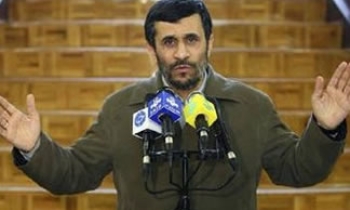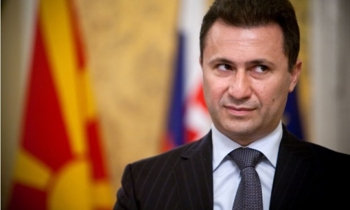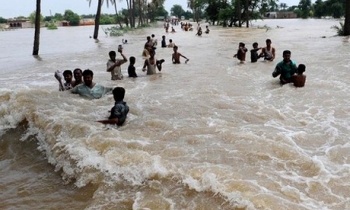CPJ is deeply concerned about the actions taken last week by a customs official in Calcutta to censor the 21 February 2000 edition of "Time", an international weekly newsmagazine.
On 16 February, customs agents at the Calcutta airport blocked the distribution of 3,000 issues of "Time" magazine because they contained a one-page interview with Gopal Godse, the brother of Mohandas Gandhi's assassin, Nathuram Godse. In a letter to "Time"'s Indian distributor dated 17 February, a customs officer explained that the shipment was stopped "in order to prevent the dissemination of documents containing... [material] which is derogatory to national prestige," and stipulated that the magazines would be released only after "blackening the page containing the 'Interview' on Mahatma Gandhi appearing on page 17." The letter, signed by Bholanath Dasgupta, assistant commissioner of customs in Calcutta, specified two grounds for censorship of the article: "(1) It is defamatory and derogatory to the Father of the Nation, and (2) It contains statements which can create communal disharmony."
"Time"'s circulation in northeast India was disrupted by the move. Subscribers' copies were delivered five days late, and vendors received their shipments several days behind schedule. The Godse interview, meanwhile, has been available on "Time" magazine's Web site since 14 February, and has been widely circulated.
Sumit Dutta Majumdar, commissioner of customs in Calcutta, ordered the censorship action, citing his authority under Section 11 of the Customs Act. This is the second time that Majumdar has ordered the censorship of "Time" magazine. Last year, an article on a dispute affecting tiger conservation efforts -- published in the magazine's 20 September 1999 edition -- was also blacked out under his direction.
CPJ is dismayed that such actions are tolerated in a country with a strong free press tradition. CPJ is particularly troubled by news from a source in New Delhi that "starting this week, senior airport customs officials all over India have been ordered by their higher-ups to check the magazine thoroughly for any objectionable stories."









